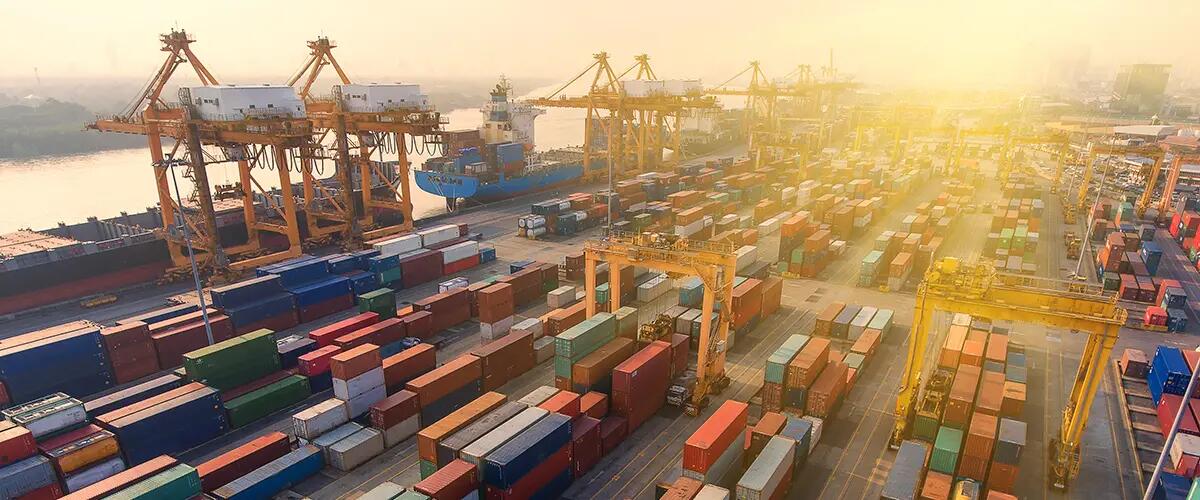
Photo Credit: ThinkstockPhotos-wissanu01
Why is China's Money Dirty?
By Michael A. Santoro, Professor of Management and Global Business
The Wall Street Journal recently reported that private-sector Chinese businesses and investors poured nearly $5 billion into US firms, both large and small, in 2010. Small businesses in particular have welcomed the Asian in-flow with open arms. However, such investments have spawned concerns that this is a move by Beijing to relocate companies to China, taking with them technology, resources and much needed US jobs.
However, the most unsettling aspect of this $5 billion in-bound investment is the fact that there is such a big fuss is over such a relatively small amount of capital! $5 billion is actually a very small fraction of the more than the $1 trillion US debt China has purchased.
The murky part of all this is of course that it is hard to tell what is private and what is public capital coming out of China. But at the end of the day the bottom line is that global capital flows are deeply distorted. The United States has a huge amount of trade with the Chinese, and a significant amount of outward investment. That makes sense between the world’s largest economy and the world’s second largest economy. What does not make sense and is potentially destabilizing to the global capital system is that, except for, China’s purchase of debt securities, we have very low inward investment coming back from China.
Of course, American businesses need capital to grow and China should be an important source of investment capital for American business. However, because of our well-founded concerns about technology theft and jobs being diverted back to China the capital will not flow as it naturally might. What is at the bottom of this anomaly is that since China joined the WTO a decade ago, the world has not given a whole lot of thought to how China would be integrated into the global economy. China has not so much joined the WTO as the WTO has joined China.
International trade is not supposed to be a zero sum process but that is what China’s rise has turned out to be. Thus far, China has not created any new ideas on global economic leadership. What China has achieved is significant but it has been done almost wholly because of an inexpensive labor pool--often kept cheap by repressing worker rights--that has enabled Chinese manufacturers to make cheap goods and channel them into a well established Western markets.
China’s lack of intellectual property laws and appropriate corporate governance coupled with stealthy technology transfers is what keeps CEOs of foreign businesses up at night. But foreign companies have made their own bed in China. One of the key provisions of the WTO is the rule of law but Western companies have, in the words of one foreign lawyer practicing in Beijing “gone native.” Westerners have learned to operate in China through the shadowy world of government connections sometimes mislabeled by Westerners as “good guanxi.” The end result of this complicity and weakness is that China’s investment capital has become “dirty” money.
China’s $5 billion in investment is “dirty” money in the U.S, because we are simply not comfortable where it came from. The state-fostered business model in China is shaped by rigid party rules, and reforms are still slow to be realized, while the private sector often operates below the radar of legal authority. The U.S. does not want China’s money because we don’t want to become China. The fact that we think their money is “dirty” should tell us that we need to go back a few steps and think through how China should be integrated into the global economy.
Press: For all media inquiries see our Media Kit


